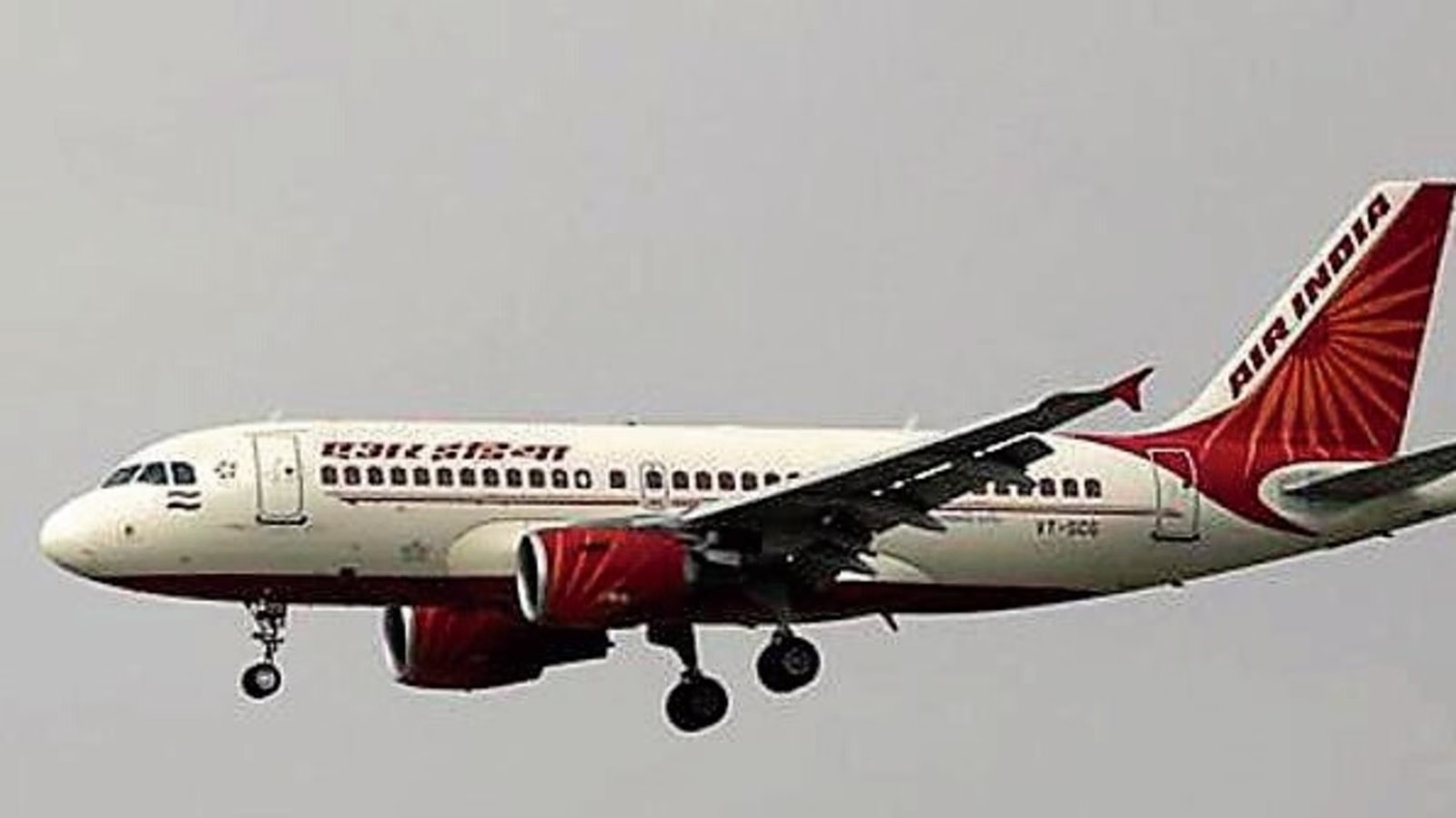In a recent interview with ETv Urdu, Salman Khurshid, a prominent Congress leader, made significant allegations concerning the control of the India Islamic Cultural Centre (IICC). Khurshid asserted that the IICC has been under the influence of the Rashtriya Swayamsevak Sangh (RSS) due to the long-standing presidency of Sirajuddin Qureshi, who has held the position for nearly three decades. He further alleged that several key Muslim organizations in India have been infiltrated by the RSS, allowing them to run these bodies from within.
These statements by Khurshid come at a pivotal moment as he contests the IICC Presidential elections scheduled for August 11 in New Delhi. The election will see 2,054 IICC members casting their votes to decide the new leadership. As a veteran Congress leader and former cabinet minister in the Narasimha Rao government, Khurshid’s political journey has been marked by his strong advocacy for Muslim rights and his involvement in major national events, including the Babri Masjid demolition in 1992.
Khurshid’s tenure in politics has not been without controversy. He has often been viewed as a representative of the Congress party’s outreach to Muslims, leveraging his family legacy as the son of Khursheed Alam Khan, a noted nationalist Muslim leader. Critics argue that his political strategy has primarily involved using the narrative of victimhood and opposition to BJP/RSS to garner Muslim support, a tactic they believe has contributed to the community’s socio-economic stagnation.
In the IICC elections, Khurshid has positioned himself as a defender of Muslim interests against what he describes as RSS’s covert influence. He has called for a rejection of this infiltration and a return to genuine representation within the IICC and other Muslim organizations. However, his detractors argue that this approach perpetuates divisive politics and distracts from substantive issues affecting the community.
Additionally, Khurshid has faced criticism for his actions during the sacred days of Aashura in the month of Muharram. Critics highlight his participation in lavish dinner parties and high-profile events, such as Ambani family weddings, during this period of mourning and commemoration for Prophet Muhammad’s (PBUH) family.
The upcoming IICC elections also feature Sohail Hindustani, a candidate who has garnered attention as a symbol of change. Hindustani advocates for a more inclusive and development-focused agenda, aiming to move away from communal politics towards progressive solutions for the community. His supporters believe that a fresh perspective is necessary to revitalize the IICC and better serve its members.
The election results will reveal whether the IICC members favor Khurshid’s experienced yet controversial leadership or Hindustani’s call for change. This decision will not only shape the future of the IICC but also reflect broader sentiments within the Muslim community regarding their political representation and engagement in India.












